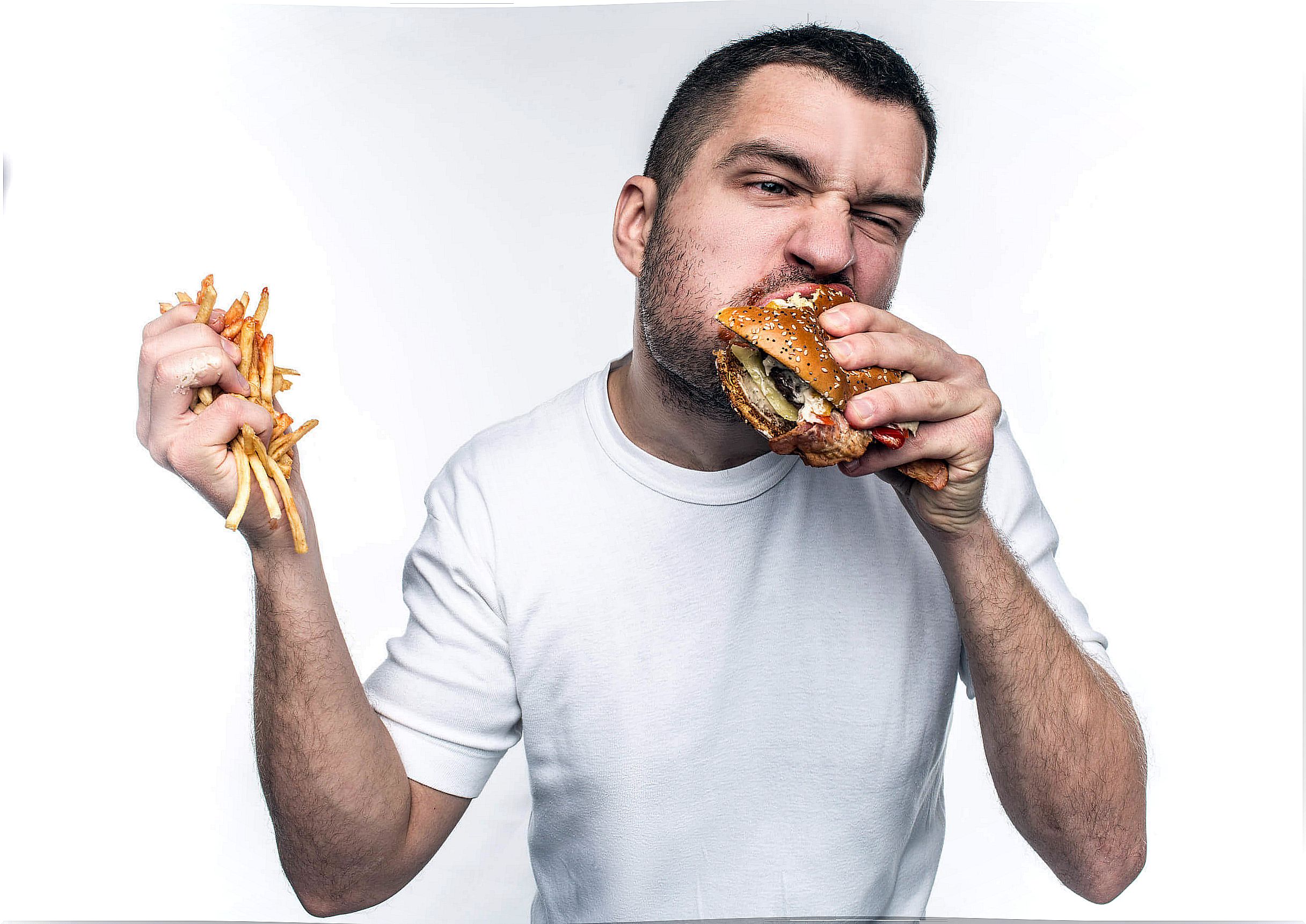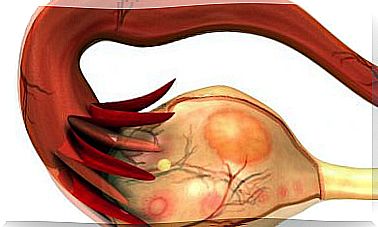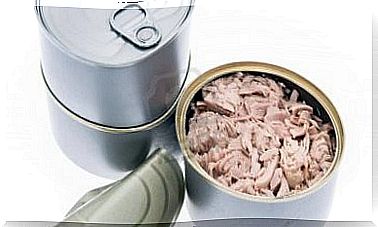How To Avoid “hunger Attacks”
It is important that we establish eating times and that between meals there are no more than three hours and no less than one and a half hours. This will keep blood sugar levels stable and avoid hunger attacks.

There are certain times of the day, of the month or of the year when we are attacked by the urge to eat anything. It can be between lunch and dinner, during the menstrual period, or when it is cold. Hunger attacks appear at any time, as they are caused by different factors, such as anxiety.
In general, you tend to eat processed foods, high in calories or high in sugar. When we eat a food with a high glycemic index, the blood sugar level rises more than normal. In order to counteract it, the pancreas produces insulin and, as a consequence, glucose drops and we are hungry again.
When the cause is related to anxiety, it can be difficult to control. Therefore, it is advisable to go to a professional to study the case individually and recommend the treatment they deem appropriate.
How to get out of this vicious cycle

According to research conducted by the University of Oxford, consuming excess calories through high-fat foods can impair glucose metabolism. They also suggest that acute binges can have immediate metabolic consequences for the health of the individual.
It is necessary to make the body produce only the necessary insulin. This is achieved by eating foods that do not raise blood sugar levels too high. For example, we can consume carbohydrates that help regulate and balance these levels, we will feel satiated and avoid the assaults on the refrigerator.
The allies to enjoy different snacks are:
- Peanuts
- Sweet corn.
- Wholemeal bread.
- Fruit.
- Jewish.
- Soy.
- Rice.
- Wheat pasta.
- Garbanzo beans.
On the other hand, it is also important to learn how to better combine foods to reduce daily intake and, above all, to know when it is more appropriate to consume them:
- In the morning, a breakfast with dairy and fiber (whole grains) is recommended, as well as a piece of fruit.
- Mid-morning, a slice of whole wheat bread and a slice of turkey.
- For lunch, you can combine carbohydrates and protein, and not eat a simple salad.
- In the snack, we can bet on a handful of nuts and a yogurt.
- And for dinner, we combine steamed or boiled vegetables with a small plate of pasta or rice.
Tips to prevent hunger attacks
Meal times
- It is not healthy to skip meals. It is a mistake to think that by not eating lunch or by skipping breakfast you lose weight.
- There should be no more than three hours between each meal and no less than an hour and a half. Without food, blood sugar levels drop and the body responds, as explained earlier, with more insulin production. In turn, leaving a lot of time between meals will make you have more appetite, so you will eat more and in a hurry.
- You can also increase the frequency of intakes to a maximum of three hours. With an eating plan where you will eat little every 180 minutes. For example, it would start at 9, then at 12, at 15, at 18 and finally at 21 hours.
Tips to fill up earlier
- We can start each of the main meals (lunch and dinner) with a hearty salad as a starter to reduce hunger.
- It is better to opt for dishes with more consistency, that is, they require more chewing. For example, vegetables raw instead of cooked. Thus, you will be sitting at the table for longer and eating more slowly.
- It is convenient to savor each bite well and chew more times. The brain knows when the stomach is full 20 minutes after you finish eating. In addition, we will enjoy the food more, we will feel the flavors and textures on your palate, we will avoid reflux or acidity, etc.
Other tricks to avoid hunger attacks

- Hot or very cold foods make you full, such as soups, melted cheese, herbal teas, ice cream, or drinks with ice.
- Drink water, herbal teas or juices.
- Find activities of interest so as not to get bored that leads us to snack between meals.
- Do not completely eliminate chocolates or desserts from the diet, because this will generate more anxiety and desire to eat.
Better to prevent!
Hunger attacks are common and difficult to prevent. However, if you follow some guidelines and these little tips, you can try to avoid them.
We want to remember that it is advisable to go to the doctor in case of anxiety, as it is the most indicated to prescribe the most appropriate treatment according to the case.









